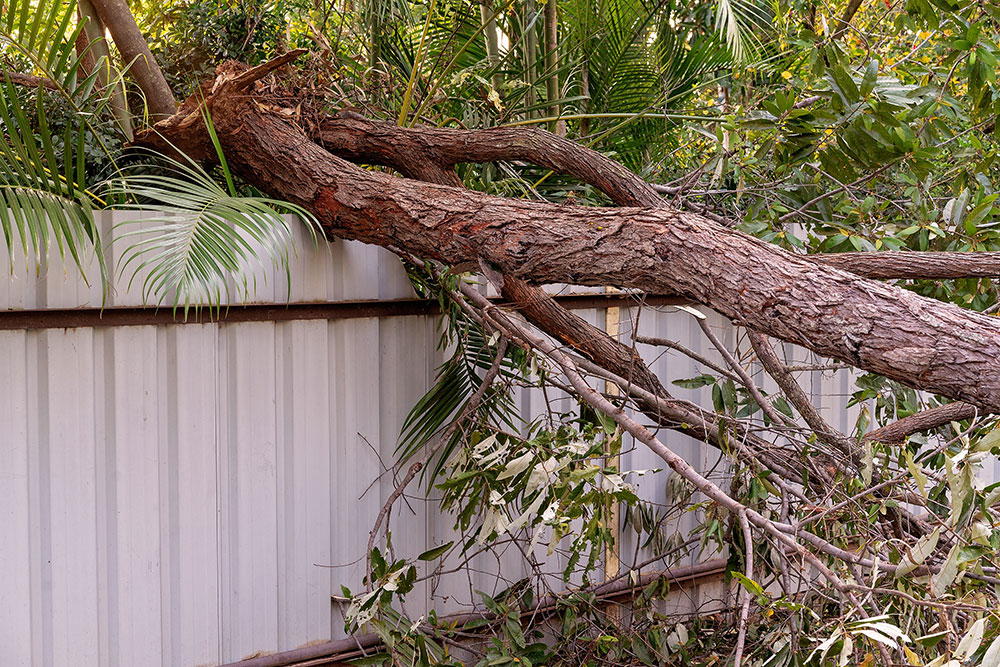Beware of storm chasers
How to avoid scammers targeting Queenslanders after severe weather events.

Whether it’s hail damage to your car or damage to your roof from a storm, the aftermath of severe weather can be overwhelming.
Unfortunately, scammers and “storm chasers” are only too happy to take advantage of vulnerable, stressed-out Queenslanders.
Storm chasers often door-knock residents of damaged homes and leave letterbox leaflets offering services for future repair work with the promise that the homeowner’s insurer will pay. This can leave the homeowner liable to pay a commission or inflated repair bills not covered by their insurance policy
Insurance Council of Australia (ICA) CEO Andrew Hall said storm-chasers sought to exploit householders within hours of a weather event.
“Disaster chasers emerge soon after a natural disaster and target householders who have been affected,” Mr Hall said.
“They leave many families, elderly and disabled Australians much worse off, with large bills and homes that remain badly damaged.”
RACQ’s Renee Smith said storm chasers might try to convince you to sign a contract that allowed them to handle your insurance claim.
“The problem is, if you sign up, this may allow the storm-chaser to take over progressing the insurance claim,” Ms Smith said.
“If they authorise repairs deemed unnecessary by the insurer, the homeowner is left with the bill.”
“It might seem appealing when someone knocks on your door offering to handle repairs to your home, but if a deal seems too good to be true, it generally is.”
Mr Hall said some storm-chasers had been known to use standover tactics to demand money or falsely claim they had been sent by an insurer.
“Disaster chasers are a menace and are becoming bolder,” Mr Hall said.
“Identifying disaster chasers and reporting them to the relevant authorities will help bring them to account and if they threaten, harass or intimidate anyone, police should be notified immediately.”
RACQ Insurance customers can lodge a claim directly with RACQ online or by calling 13 7202.
Tips for identifying a storm chaser
- An insurer will not send a tradesperson or builder to your home without notifying you or providing details.
- Speak to your insurer before agreeing to any repairs or rebuilding work to make sure your insurance covers it.
- A tradesperson or builder who is working for your insurer will not ask you for money.
- If in doubt, ask for identification such as a builder’s licence or driver’s licence, and call your insurer to check they are legitimate.
- If you sign a contract with a disaster chaser, you have a statutory 10-day cooling-off period. Your insurer can help you end the relationship with the disaster chaser.
The information in this article has been prepared for general information purposes only and is not intended as legal advice or specific advice to any particular person. Any advice contained in the document is general advice, not intended as legal advice or professional advice and does not take into account any person’s particular circumstances. Before acting on anything based on this advice you should consider its appropriateness to you, having regard to your objectives and needs.
Related topics
Things to note
The information in this article has been prepared for general information purposes only and is not intended as legal advice or specific advice to any particular person. Any advice contained in the document is general advice, not intended as legal advice or professional advice and does not take into account any person’s particular circumstances. Before acting on anything based on this advice you should consider its appropriateness to you, having regard to your objectives and needs.



